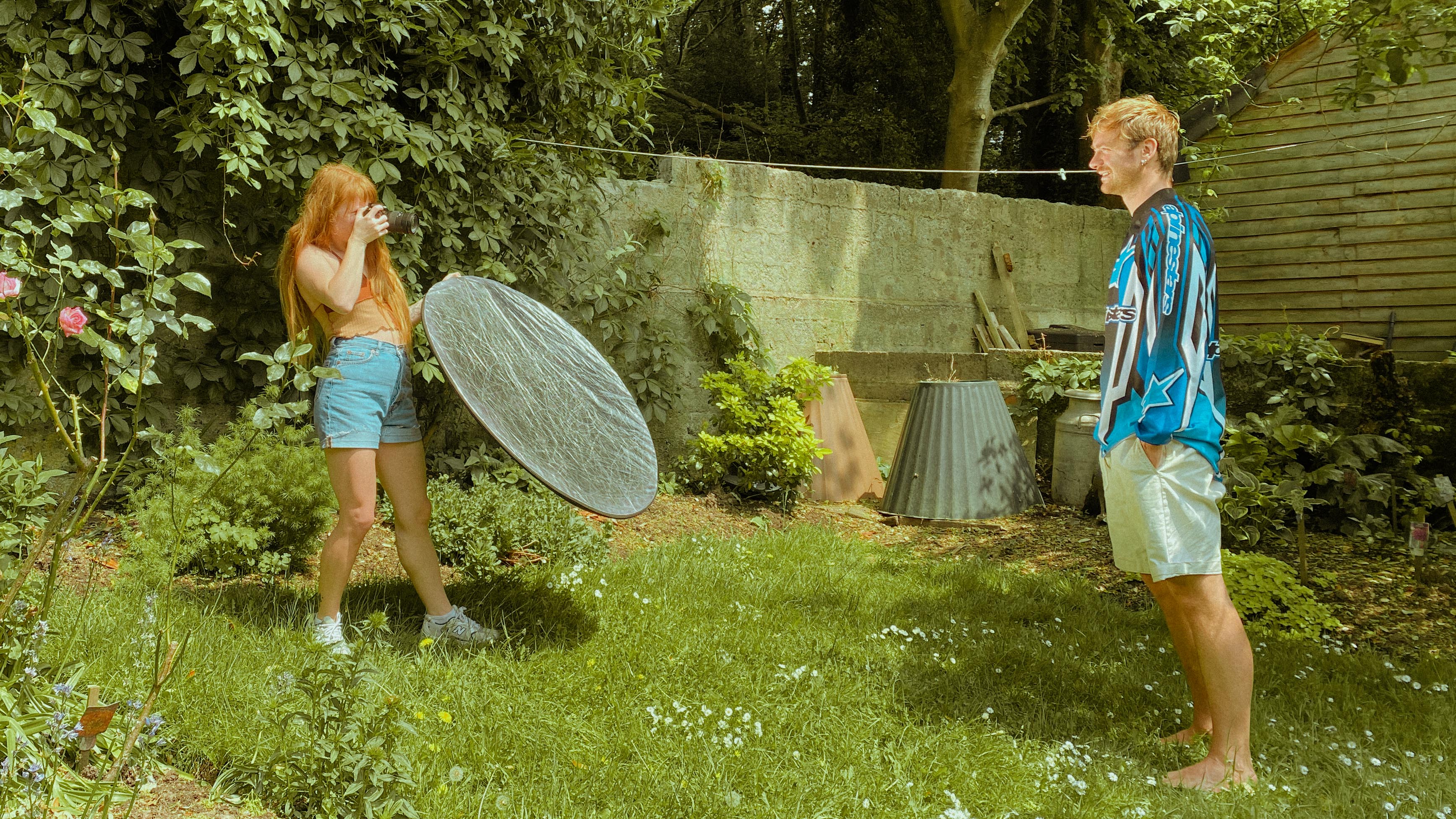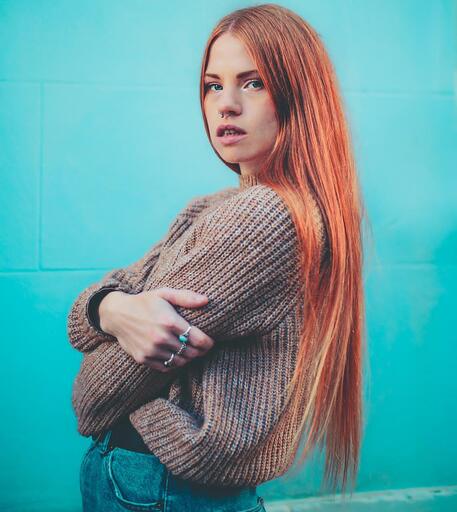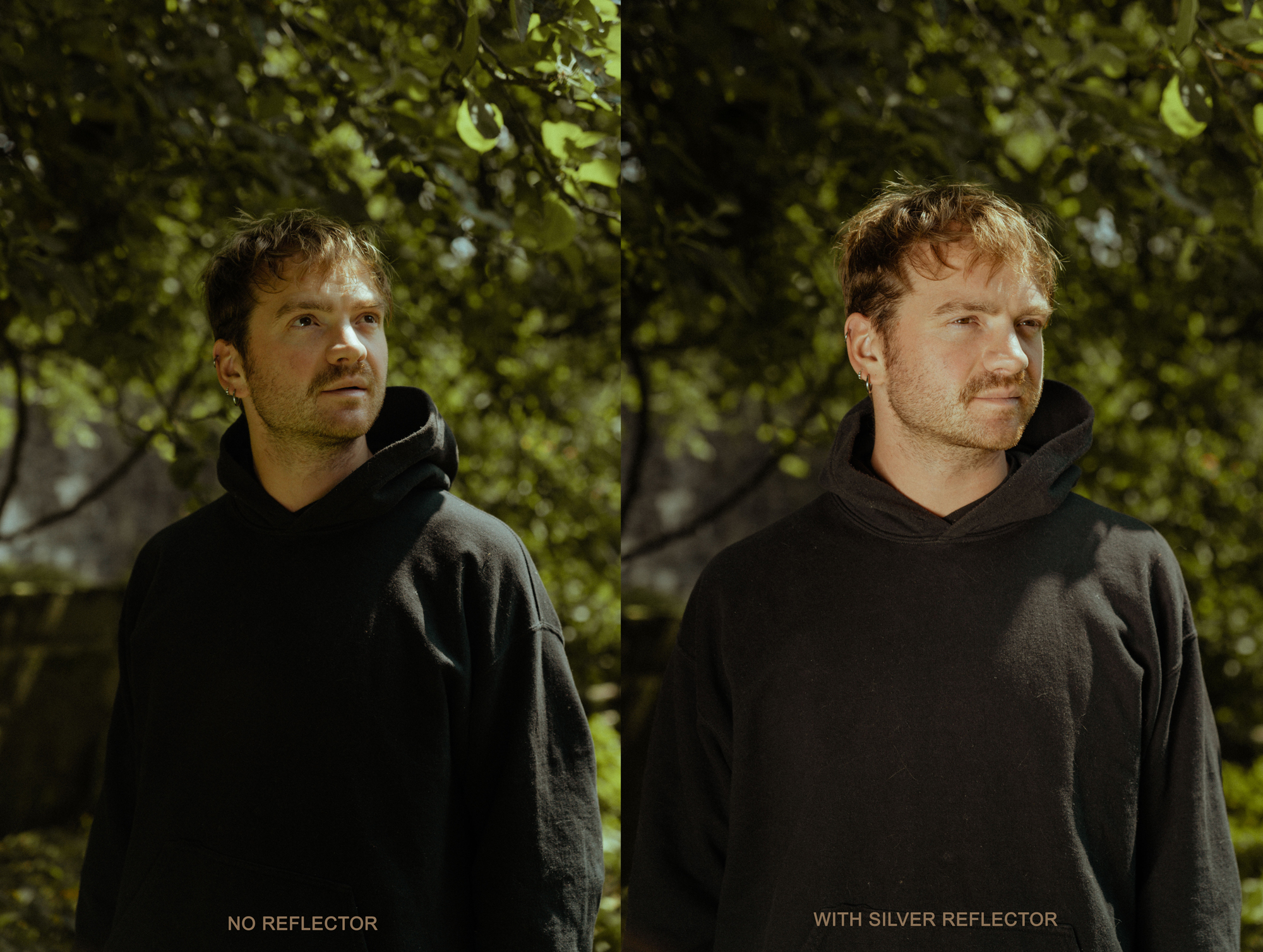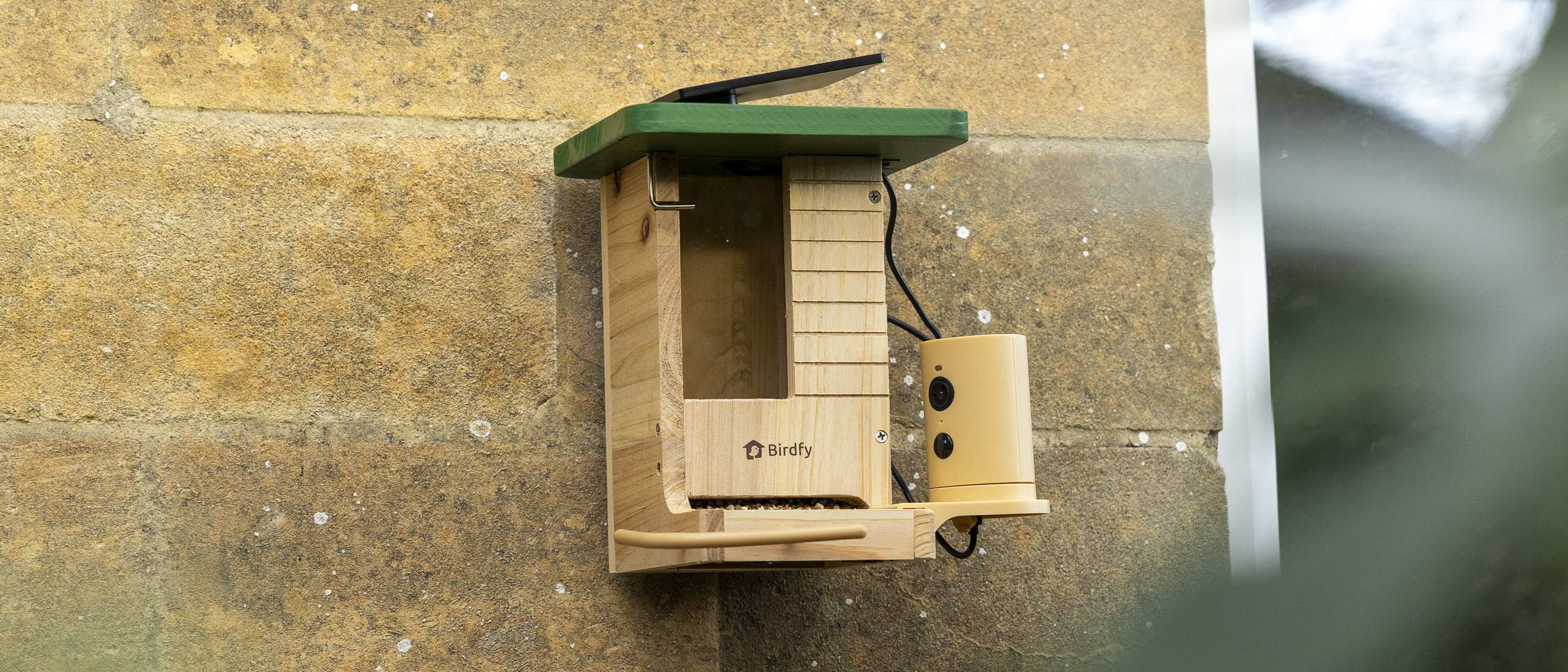I think a reflector is better than a light – and it'll cost you less too!
The humble reflector is possibly one of the most underrated photography tools. it's affordable, effective, and lightweight

The best camera deals, reviews, product advice, and unmissable photography news, direct to your inbox!
You are now subscribed
Your newsletter sign-up was successful
One of the most basic, most effective, and honestly one of the most useful tools you can buy for portrait photography is the humble reflector. You can seriously elevate your photos just by redirecting or diffusing the light already available to you and the best thing about them? They’re cheap to buy, perfect for anyone just starting out.
The best reflectors for photography come in a variety of different shapes and sizes but your best bet is investing in a 5-in-1 which includes a gold, silver, white, and black surface plus a diffuser for softening light. I’d always try and opt for one with a handle so you can easily hold it and shoot one-handed. That means if you're shooting without a friend or assistant to help you, it's still possible to manage.
• These are the best cameras for portraits. Capture stunning photos with perfectly focused facial features and dreamy blurred backgrounds
Lights (with supports) can do this too, but they need power and cost more. A decent reflector can set you back as little as $25 / £20 / AU$40 depending on the size and brand. Unlike when shooting with flash, you can see the results as you compose with a reflector, and you can move the light around so that it redirects the light exactly where you want it. It can create beautiful catchlights in the eyes and give the skin a really natural glow.
Each of the reflector's interchangeable surfaces is designed to give a slightly different look. While the gold gives a really nice warm, golden-hour glow, the silver gives a slightly cooler effect and the white gives a really natural, low-contrast reflection. The barebones translucent option is great for diffusing the sun’s natural light, especially if you’re shooting around midday when the sun is high in the sky, while the black side can be used to create artistic shadows and create more depth.
Another big advantage of reflectors over lights is that they’re super lightweight and take up virtually no space. They’re a little fiddly to fold down at first – think smaller, easier modern pop-up tent, so if you've mastered that you'll be a dab hand! Once you’ve got the hang of it, I’d go as far as saying it’s quite satisfying. If you’re going on vacation and luggage space is tight then a reflector can be a flat-pack key to professional-looking portraits which also has the virtue of being less delicate than pricey flash heads.
I have to own up and admit that I am lucky enough to now own my own photography lighting kits but before I saved up the money to buy them, I pretty much only shot with a reflector. Even when shooting alone (which I do mostly) I would find ingenious ways of balancing it, holding it, or wedging it between things so that the light landed in all the right places. You could even ask your model to help you if you’re doing close-up beauty-style portraits.
The best camera deals, reviews, product advice, and unmissable photography news, direct to your inbox!
Even as the owner of dedicated photography lights, I still regularly just use a reflector – even if I have my lights with me. I really do think they're one of the most underrated photography tools and every portrait photographer should have one in their arsenal.
If you enjoyed this why not also check out these 10 tips for amazing portrait photography or have a look at the best flashguns if you're ready to take the next step

Having studied Journalism and Public Relations at the University of the West of England Hannah developed a love for photography through a module on photojournalism. She specializes in Portrait, Fashion and lifestyle photography but has more recently branched out in the world of stylized product photography. Hannah spent three years working at Wex Photo Video as a Senior Sales Assistant, using her experience and knowledge of cameras to help people buy the equipment that is right for them. With eight years experience working with studio lighting, Hannah has run many successful workshops teaching people how to use different lighting setups.

